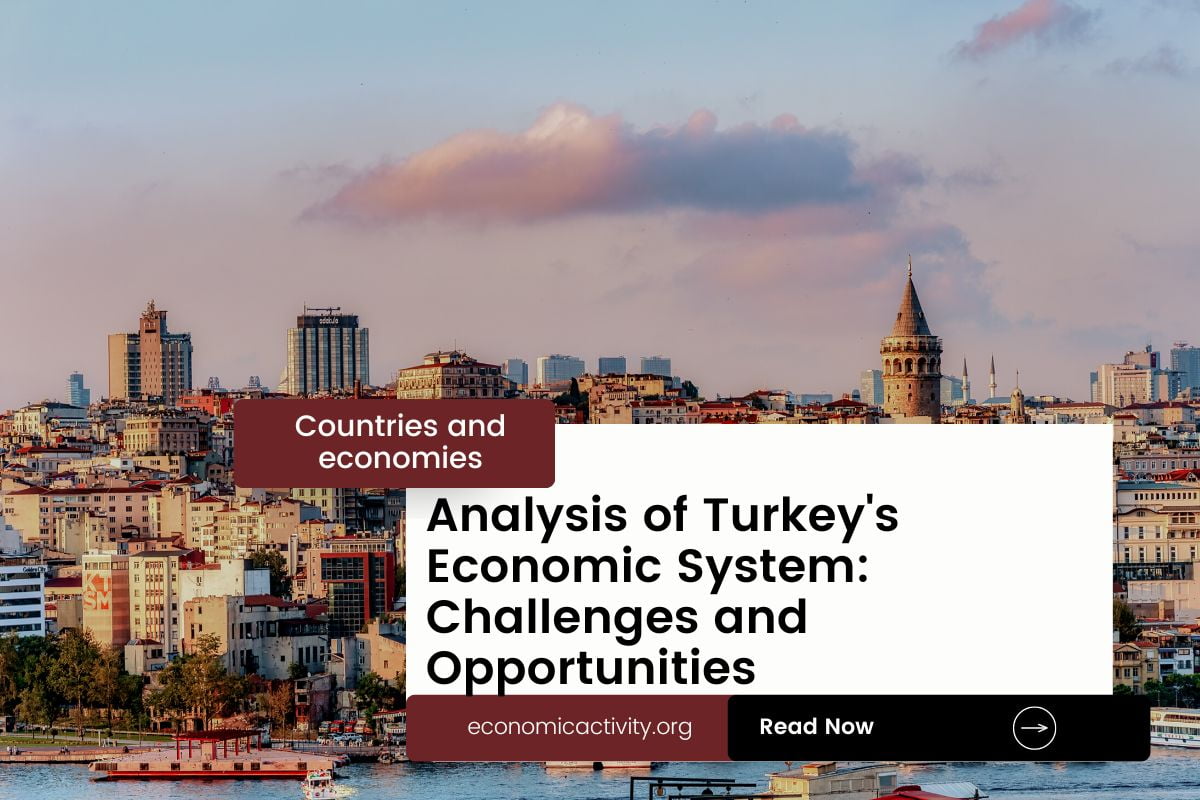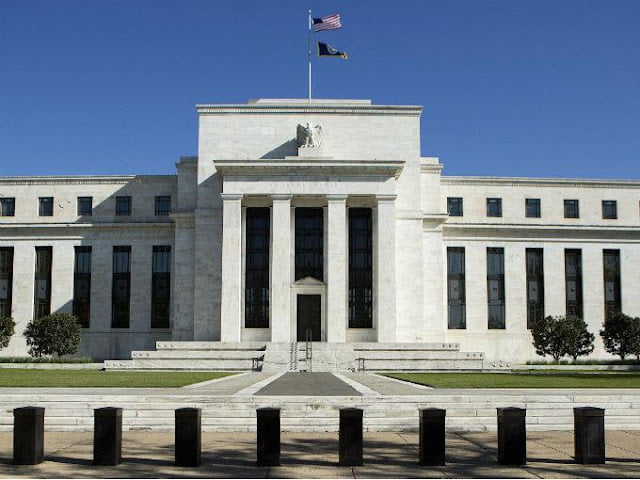What is the economic system of Turkey? The economy of Turkey is based on a mixed economy. The country’s economic system combines elements of a market economy and a planned economy.
Turkey has a diverse and growing economy with sectors like automotive, petrochemicals, and electronics. It’s one of the world’s largest producers of textiles and garments. Agriculture remains significant, and the country is a major tourist destination.
In Turkey, the economy is composed of a private sector, consisting of individuals and businesses that make autonomous decisions based on self-interest, and a public sector, where the state determines the production and distribution of certain goods and services. No country is purely capitalist or purely communist.
What do the freedom indexes tell about the economic system of Turkey?
Now, to determine if a country is mostly a market economy or a planned economy, it is useful to examine some economic indexes. For instance, according to the 2022 Index of Economic Freedom, which measures the ability of every human to control his own labor and property, Turkey is ranked 107th globally and 42th in Europe indicating that the country has a mostly unfree economy.
In a similar way, the 2022 Freedom House index evaluates the state of political rights and civil liberties globally. Generally, market economies tend to align more with democracy and freedom, while command economies tend to be characterized by greater state control and fewer democratic and civil liberty protections. Turkey gets a score of 32/100, which qualifies it as Not Free.
Turkey is a country where the government controls what people do for political reasons, and people have limited freedom to choose (what, how much, and how to produce, whether to buy or not, selling price, etc.)
The Link Between Public Sector Employment and the Economic System of Turkey
An indicator of the extent to which the State is involved in the economy is the number of public sector employees. In Turkey, according to ILOSTAT, the number of public sector employees as a percentage of the total workforce is 15.8% (2021).
In the country’s mixed economy, the number of public sector employees as a percentage of the total workforce varies based on the specific policies and practices adopted by the State. Some economic activities are left to the private sector while others are under government control. The bigger the public sector the closer is the economy to being a command economy.
What do the biggest companies in Turkey say about the country’s economic system?
The biggest company in Turkey should also be looked at, as well as whether it is a state-owned or private company. In this case, Koç Holding is a conglomerate with interests in automotive, finance, energy, retail, and more.
Koç Holding, the largest industrial conglomerate in Turkey, is controlled by the Koç family, one of the country’s wealthiest families. It shows how the biggest companies in the country are owned by private shareholders.
More: Top 10 Biggest companies by revenue in Turkey
The historical factors that have influenced the economic system of Turkey
The current mixed economy system of Turkey is the result of a combination of factors, including the country’s transition from a largely agrarian economy to a more industrialized one, the liberalization of trade and investment policies, and the privatization of state-owned enterprises.
These changes have allowed for increased foreign investment, increased competition, and greater economic growth.





Leave a Reply